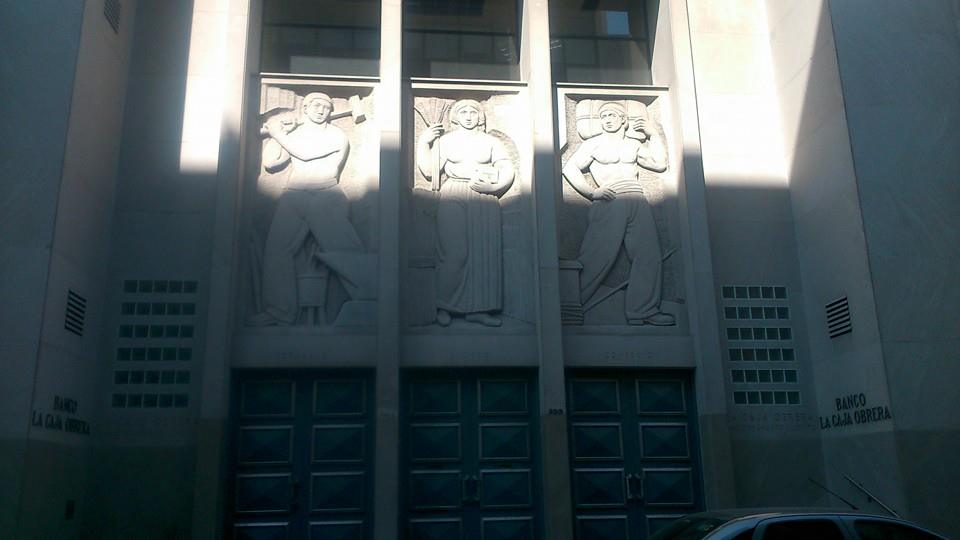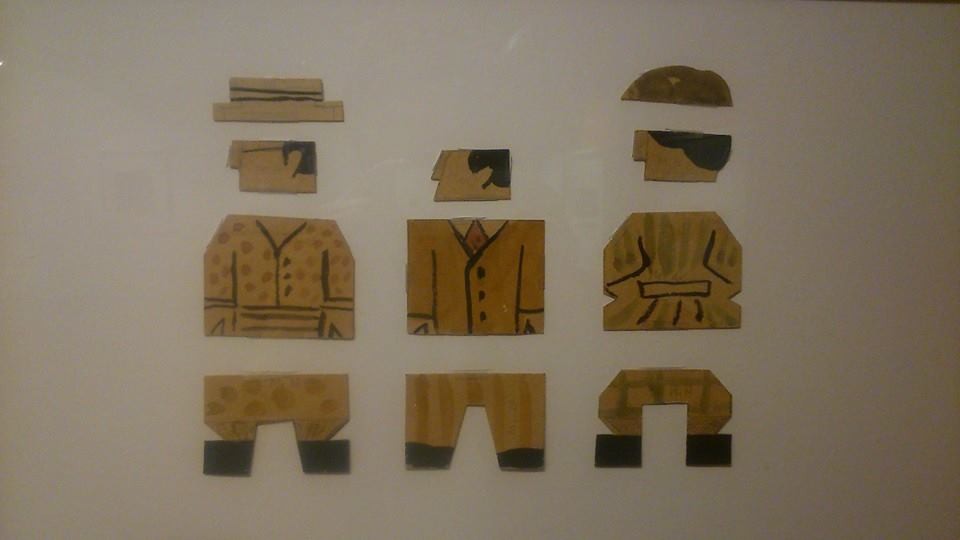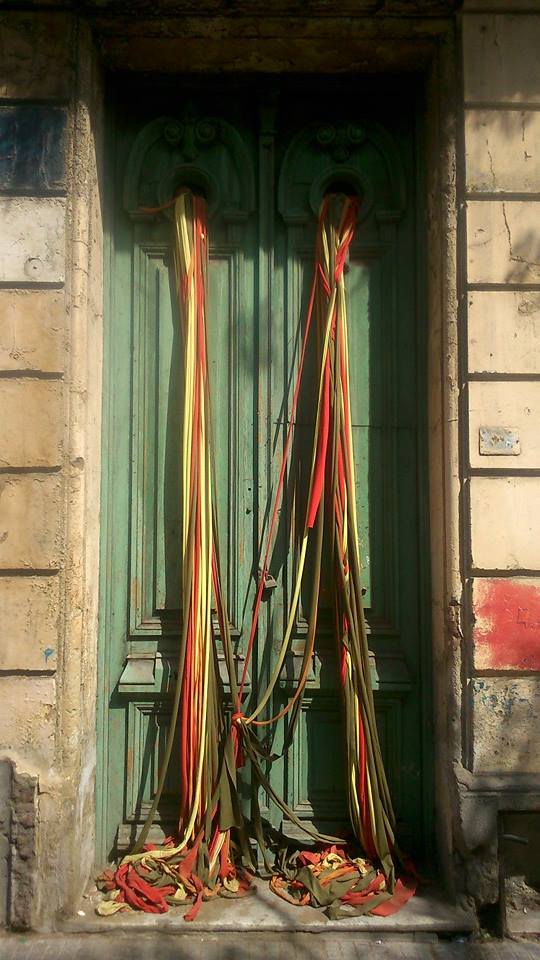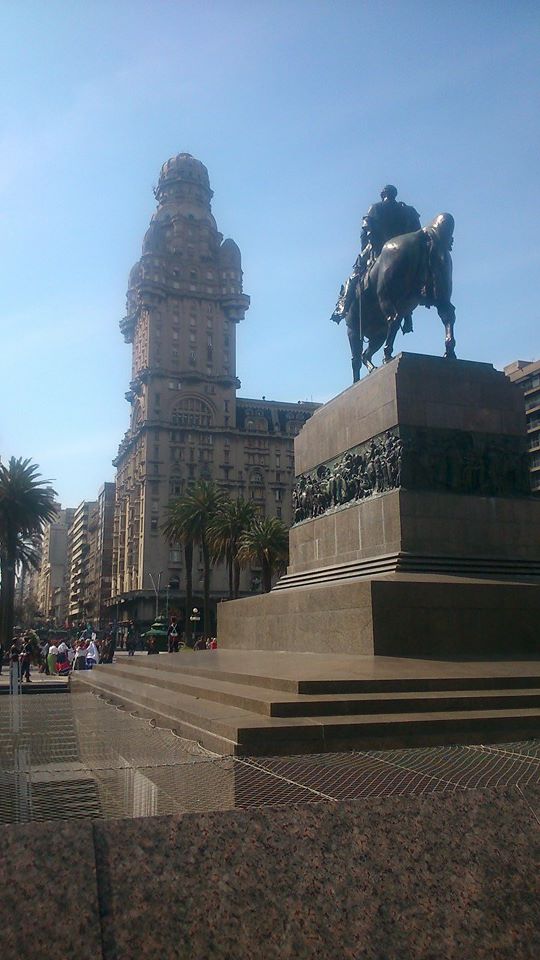Contextual Notes – Uruguay
1984 was an important year in Uruguay as it marked the transition from the dictatorship to democracy with elections held on 25 Nov (won by Julio Maria Sanguinetti of Partido Colorado, liberal right wing). The civic-military dictatorship in Uruguay had begun in 1973 following the coup d’état and targeted, arrested and tortured anyone with left wing/communist ideas or affiliations or opposed to the right-wing governments participating in Operation Condor (Argentina, Chile, Uruguay, Paraguay, Bolivia and Brazil and later Ecuador and Peru supported by the US government via the CIA).
In March that year, Liber Seregni, he leader of Frente Amplio (coalition of left wing groups) is released from prison and Alfredo Zitarrosa, a popular folk singer, left wing military who was exiled in Spain, returns to Uruguay, welcomed by crowds of fans, his return was symbolic of the slow return of artists and intellectuals throughout 1984.
In April, Dr Vladimir Roslik, a Medical Doctor in San Javier, a village in the north of Uruguay and member of Communist Party was arrested in 1980 and in 1984 was tortured to death. He was the last fatal victim of the military before the pact to return to democracy. His death and the torture of a group of residents from San Javier in 1984 was part of a fake conspiracy invented by the military (that the URSS Communist Party was smuggling arms into Uruguay via San Javier community), as an attempt to halt the conversations that were taking place to return to democracy. In 1983 there had been negotiations that were not successful because of the military not wanting to give grant. These were followed by intense civil demonstrations and in 1984 they had to act.
On 3 August the Pacto del Club Naval secret negotiations were held between the military and representatives of the three main political parties. The compromise was to allow elections, with some candidates (the more popular and clearly antagonistic to the military) not allowed to take part, and on the condition that no civilian leader could replace the military leaders. They also introduced a constitutional clause whereby if there was any “violence” the military could declare a state of emergency and repress it. Sanguinetti, the new prim minister, had been instrumental in the conversations to end the dictatorship, and although it has never been proved, it is said that he negotiated with the military that in return from banning his opponents to run for office, he will protect the military from being trialled for his crimes.
During Carnival that year, the murgas (carnival troupe that do a political review of the year) was called John Prohibited and the farewell, ‘Exodus’, was considered the earliest constitutive moment of Uruguayan identity.




